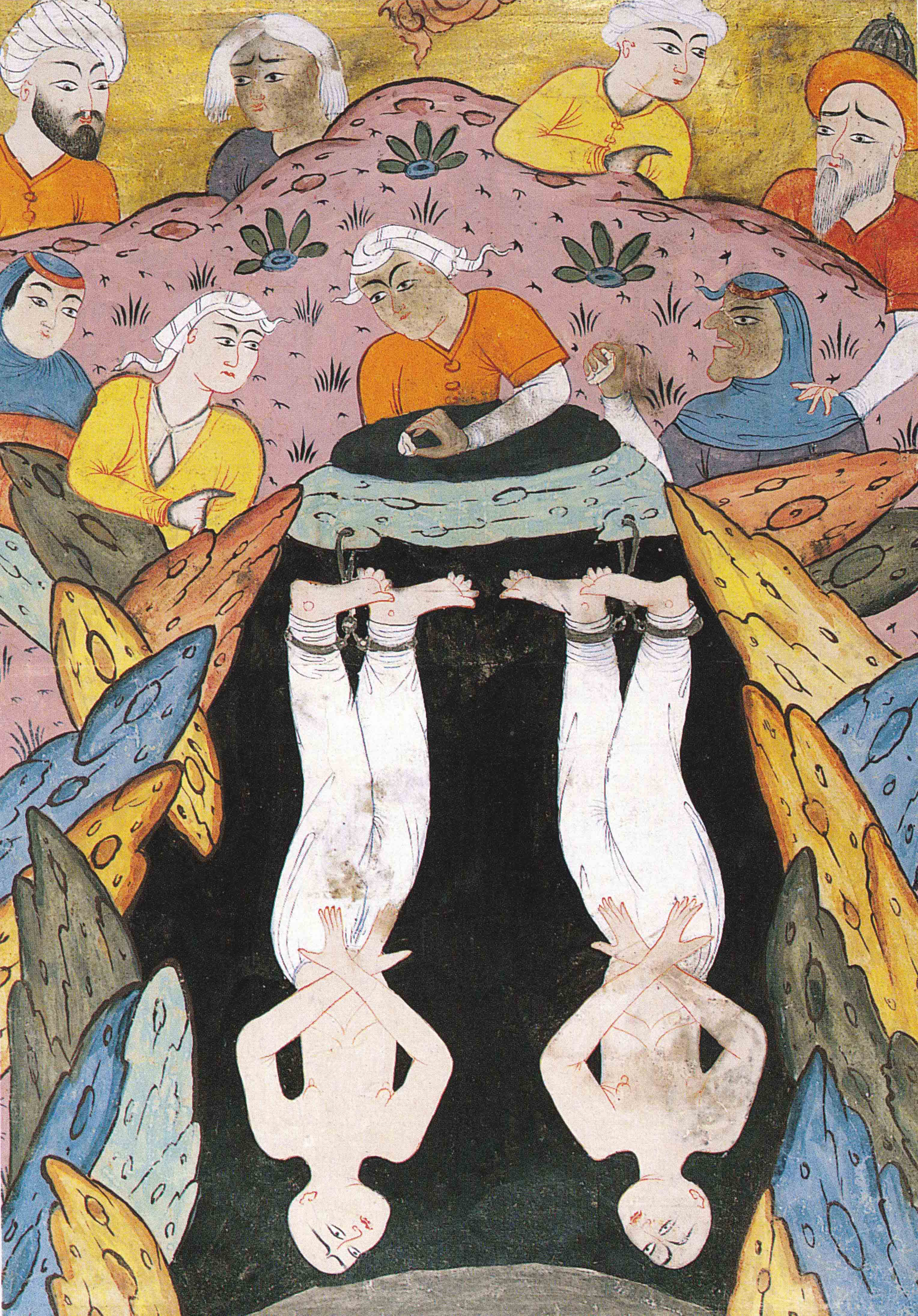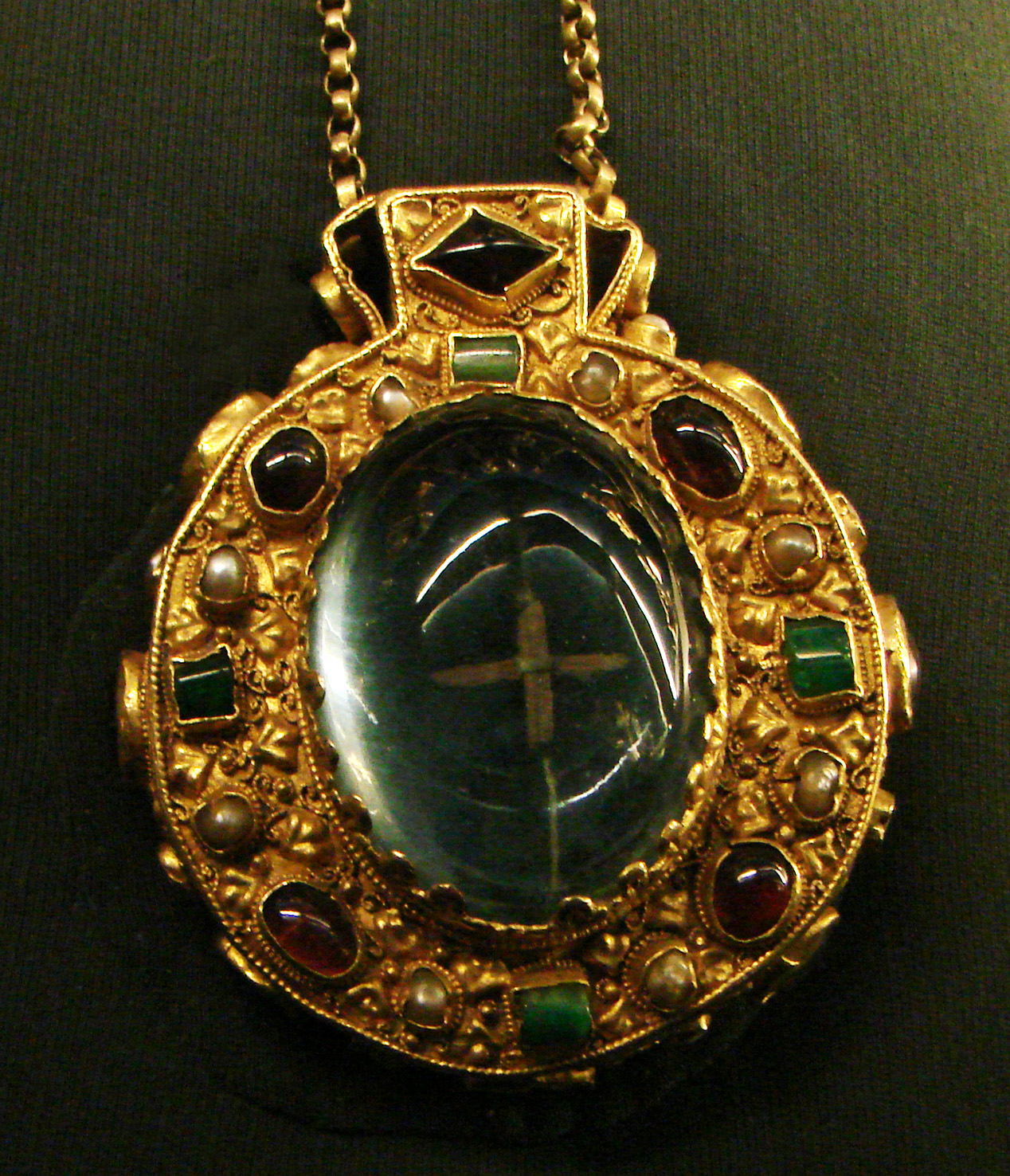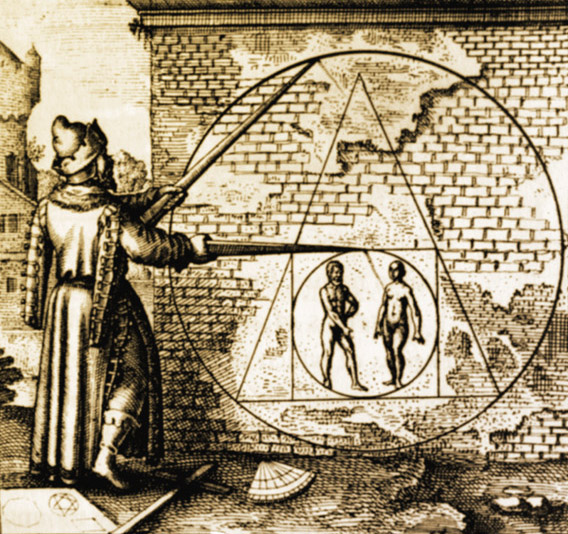|
Islam And Magic
In Islamic culture and Muslim communities throughout the world, magic is "widespread and pervasive". Magic or sorcery (which seeks to alter the course of events usually by calling on a supernatural force) and divination (attempts "to predict future events or gain information about things unseen"), Savage-Smith, ''Magic and Divination in Early Islam'', 2004: p.xiii or occultism, encompass a wide range of practices. These include protection from black magic, the evil eye, demons, and evil jinn, which are thought to bring "illness, poverty, and everyday misfortunes"; or alternately practices seeking to bring "good fortune, health, increased status, honor, and power". Techniques include evocation, casting lots, the production of amulets and other magical equipment. Savage-Smith, ''Magic and Divination in Early Islam'', 2004: p.xiii-li Magic have been called a "vital element of everyday life and practice" in both the contemporary and historical Islamic world, Kruk, "Harry Potter in ... [...More Info...] [...Related Items...] OR: [Wikipedia] [Google] [Baidu] |
Magic (supernatural)
Magic, sometimes spelled magick, is an ancient praxis rooted in sacred rituals, spiritual divinations, and/or cultural lineage—with an intention to invoke, manipulate, or otherwise manifest supernatural forces, beings, or entities in the natural, incarnate world. It is a categorical yet often ambiguous term which has been used to refer to a wide variety of beliefs and practices, frequently considered separate from both religion and science. Although connotations have varied from positive to negative at times throughout history, magic continues to have an important religious and medicinal role in many cultures today. Within Western culture, magic has been linked to ideas of the Other, foreignness, and primitivism; indicating that it is "a powerful marker of cultural difference" and likewise, a non-modern phenomenon. During the late nineteenth and early twentieth century, Western intellectuals perceived the practice of magic to be a sign of a primitive mentality and also c ... [...More Info...] [...Related Items...] OR: [Wikipedia] [Google] [Baidu] |
Black Magic
Black magic, also known as dark magic, has traditionally referred to the use of supernatural powers or magic for evil and selfish purposes, specifically the seven magical arts prohibited by canon law, as expounded by Johannes Hartlieb in 1456. During his period of scholarship, A. E. Waite provided a comprehensive account of black magic practices, rituals and traditions in ''The Book of Ceremonial Magic'' (1911). It is also sometimes referred to as the " left-hand path". In modern times, some find that the definition of black magic has been convoluted by people who define magic or ritualistic practices that they disapprove of as black magic. The seven ''Artes prohibitae'' of black magic The seven ''artes prohibitae'' or ''artes magicae'', arts prohibited by canon law, as expounded by Johannes Hartlieb in 1456, their sevenfold partition reflecting that of the artes liberales and artes mechanicae, were: # necromancy # geomancy # hydromancy # aeromancy # pyromancy # chi ... [...More Info...] [...Related Items...] OR: [Wikipedia] [Google] [Baidu] |
Zār
In the cultures of the Horn of Africa and adjacent regions of the Middle East, ''Zār'' ( ar, زار, gez, ዛር) is the term for a demon or spirit assumed to possess individuals, mostly women, and to cause discomfort or illness. The so-called ''zār'' ritual or ''zār'' cult is the practice of exorcising such spirits from the possessed individual. ''Zār'' exorcism has become popular in the contemporary urban culture of Cairo and other major cities of the Islamic world as a form of women-only entertainment. ''Zār'' gatherings involve food and musical performances and they culminate in ecstatic dancing, lasting between three and seven nights. The '' tanbūra'', a six-string bowl lyre, is often used in the ritual. Other instruments include the '' manjur'', a leather belt sewn with many goat hooves, and various percussion instruments. History Scholarship in the early 20th century attributed Abyssinian (Ethiopian and Eritrean) origin to the custom, although there were also ... [...More Info...] [...Related Items...] OR: [Wikipedia] [Google] [Baidu] |
Jinn
Jinn ( ar, , ') – also romanized as djinn or anglicized as genies (with the broader meaning of spirit or demon, depending on sources) – are invisible creatures in early pre-Islamic Arabian religious systems and later in Islamic mythology and theology. Like humans, they are accountable for their deeds, can be either believers (''Muslim'') or unbelievers (''kafir''); depending on whether they accept God's guidance. Since jinn are neither innately evil nor innately good, Islam acknowledged spirits from other religions and was able to adapt spirits from other religions during its expansion. Jinn are not a strictly Islamic concept; they may represent several Religion in pre-Islamic Arabia, pagan beliefs integrated into Islam. To assert a strict monotheism and the Islamic concept of ''Tauhid'', Islam denies all affinities between the jinn and God, thus placing the jinn parallel to humans, also subject to God's judgment and afterlife. The Quran condemns the pre-Islamic ... [...More Info...] [...Related Items...] OR: [Wikipedia] [Google] [Baidu] |
Harām
''Haram'' (; ar, حَرَام, , ) is an Arabic term meaning 'Forbidden'. This may refer to either something sacred to which access is not allowed to the people who are not in a state of purity or who are not initiated into the sacred knowledge; or, in direct contrast, to an evil and thus " sinful action that is forbidden to be done". The term also denotes something "set aside", thus being the Arabic equivalent of the Hebrew concept he, , ḥērem, label=none and the concept of (cf. sacred) in Roman law and religion. In Islamic jurisprudence, ''haram'' is used to refer to any act that is forbidden by God and is one of the five Islamic commandments ( ar, الأحكام الخمسة, al-ʾAḥkām al-Ḵamsa) that define the morality of human action. Acts that are haram are typically prohibited in the religious texts of the Quran, and the category of haram is the highest status of prohibition. If something is considered haram, it remains prohibited no matter how good the i ... [...More Info...] [...Related Items...] OR: [Wikipedia] [Google] [Baidu] |
Talisman
A talisman is any object ascribed with religious or magical powers intended to protect, heal, or harm individuals for whom they are made. Talismans are often portable objects carried on someone in a variety of ways, but can also be installed permanently in architecture. Talismans are closely linked with amulets, fulfilling many of the same roles, but a key difference is in their form and materiality, with talismans often taking the form of objects (eg., clothing, weaponry, or parchment) which are inscribed with magic texts. Talismans have been used in many civilizations throughout history, with connections to astrological, scientific, and religious practices; but the theory around preparation and use has changed in some cultures with more recent, new age, talismanic theory. Talismans are used for a wide array of functions, such as: the personal protection of the wearer, loved ones or belongings, aiding in fertility, and helping crop production. Etymology The word ''talisman'' c ... [...More Info...] [...Related Items...] OR: [Wikipedia] [Google] [Baidu] |
Oneiromancy
Oneiromancy (from the , and ) is a form of divination based upon dreams, and also uses dreams to predict the future. Oneirogen plants may also be used to produce or enhance dream-like states of consciousness. Occasionally, the dreamer feels as if they are transported to another time or place, and this is offered as evidence they are in fact providing divine information upon their return. Biblical oneiromancy Dreams occur throughout the Bible as omens or messages from God; * God speaks to Abram while he is in a deep sleep (Genesis 15); * God speaks to Abimelech, the king of Gerar, concerning his intentions regarding Sarah, Abraham's wife (Genesis 20); * Jacob dreams of a ladder to heaven (Genesis 28); * his son Joseph dreamed of his future success (Genesis 37), interpreted the dreams of Pharaoh of Egypt's cupbearer and baker while imprisoned (Genesis 40) and interpreted the dreams of the Pharaoh of Egypt (Genesis 41); * Solomon conversed with God in his dreams (1 Kings 3); * ... [...More Info...] [...Related Items...] OR: [Wikipedia] [Google] [Baidu] |
Anthroposcopy
Methods of divination can be found around the world, and many cultures practice the same methods under different names. During the Middle Ages, scholars coined terms for many of these methods—some of which had hitherto been unnamed—in Medieval Latin, very often utilizing the suffix when the art seemed more mystical (ultimately from Ancient Greek , , 'prophecy' or 'the power to prophesy') and the suffix when the art seemed more scientific (ultimately from Greek , , 'to observe'). Names like '' drimimantia'', '' nigromantia'', and '' horoscopia'' arose, along with other pseudosciences such as phrenology and physiognomy. Some forms of divination are much older than the Middle Ages, like haruspication, while others (such as megapolisomancy or coffee-based tasseomancy) originated in the 20th and 21st centuries. The chapter "How Panurge consulteth with Herr Trippa" of ''Gargantua and Pantagruel'', a parody on occult treatises of Heinrich Cornelius Agrippa, contains a list of ... [...More Info...] [...Related Items...] OR: [Wikipedia] [Google] [Baidu] |
Astrology In Medieval Islam
Some medieval Muslims took a keen interest in the study of astrology, despite the Islamic prohibitions (The Quran, points to the primary purpose of astrology as a means of providing physical guidance/navigation for an adherent, essentially considering its use in the capacity of horoscopes as forbidden.)partly because they considered the celestial bodies to be essential, partly because the dwellers of desert-regions often travelled at night, and relied upon knowledge of the constellations for guidance in their journeys.Wasim Aktar, ''Contributions of Ancient Arabian and Egyptian Scientists on Astronomy''Public Science & Reference, retrieved 19 August 2011. After the advent of Islam, the Muslims needed to determine the time of the prayers, the direction of the Kaaba, and the correct orientation of the mosque, all of which helped give a religious impetus to the study of astronomy and contributed towards the belief that the heavenly bodies were influential upon terrestrial affairs as ... [...More Info...] [...Related Items...] OR: [Wikipedia] [Google] [Baidu] |
Islam
Islam (; ar, ۘالِإسلَام, , ) is an Abrahamic monotheistic religion centred primarily around the Quran, a religious text considered by Muslims to be the direct word of God (or ''Allah'') as it was revealed to Muhammad, the main and final Islamic prophet.Peters, F. E. 2009. "Allāh." In , edited by J. L. Esposito. Oxford: Oxford University Press. . (See alsoquick reference) " e Muslims' understanding of Allāh is based...on the Qurʿān's public witness. Allāh is Unique, the Creator, Sovereign, and Judge of mankind. It is Allāh who directs the universe through his direct action on nature and who has guided human history through his prophets, Abraham, with whom he made his covenant, Moses/Moosa, Jesus/Eesa, and Muḥammad, through all of whom he founded his chosen communities, the 'Peoples of the Book.'" It is the world's second-largest religion behind Christianity, with its followers ranging between 1-1.8 billion globally, or around a quarter of the world' ... [...More Info...] [...Related Items...] OR: [Wikipedia] [Google] [Baidu] |
Occultism
The occult, in the broadest sense, is a category of esoteric supernatural beliefs and practices which generally fall outside the scope of religion and science, encompassing phenomena involving otherworldly agency, such as magic and mysticism and their varied spells. It can also refer to supernatural ideas like extra-sensory perception and parapsychology. The term ''occult sciences'' was used in 16th-century Europe to refer to astrology, alchemy, and natural magic. The term ''occultism'' emerged in 19th-century France, amongst figures such as Antoine Court de Gébelin. It came to be associated with various French esoteric groups connected to Éliphas Lévi and Papus, and in 1875 was introduced into the English language by the esotericist Helena Blavatsky. Throughout the 20th century, the term was used idiosyncratically by a range of different authors, but by the 21st century was commonly employed – including by academic scholars of esotericism – to refer to a range ... [...More Info...] [...Related Items...] OR: [Wikipedia] [Google] [Baidu] |
Henosis
Henosis ( grc, ἕνωσις) is the classical Greek word for mystical "oneness", "union" or "unity". In Platonism, and especially Neoplatonism, henosis is unification with what is fundamental in reality: the One ( Τὸ Ἕν), the Source, or Monad. The Neoplatonic concept has precedents in the Greek mystery religions as well as parallels in Eastern philosophy. It is further developed in the Corpus Hermeticum, in Christian theology, Islamic Mysticism, soteriology and mysticism, and is an important factor in the historical development of monotheism during Late Antiquity. Etymology The term is relatively common in classical texts, and has the meaning of "union" or "unity". Process of unification Henosis, or primordial unity, is rational and deterministic, emanating from indeterminism an uncaused cause. Each individual as a microcosm reflects the gradual ordering of the universe referred to as the macrocosm. In mimicking the demiurge (divine mind), one unites with ... [...More Info...] [...Related Items...] OR: [Wikipedia] [Google] [Baidu] |







.jpg)
